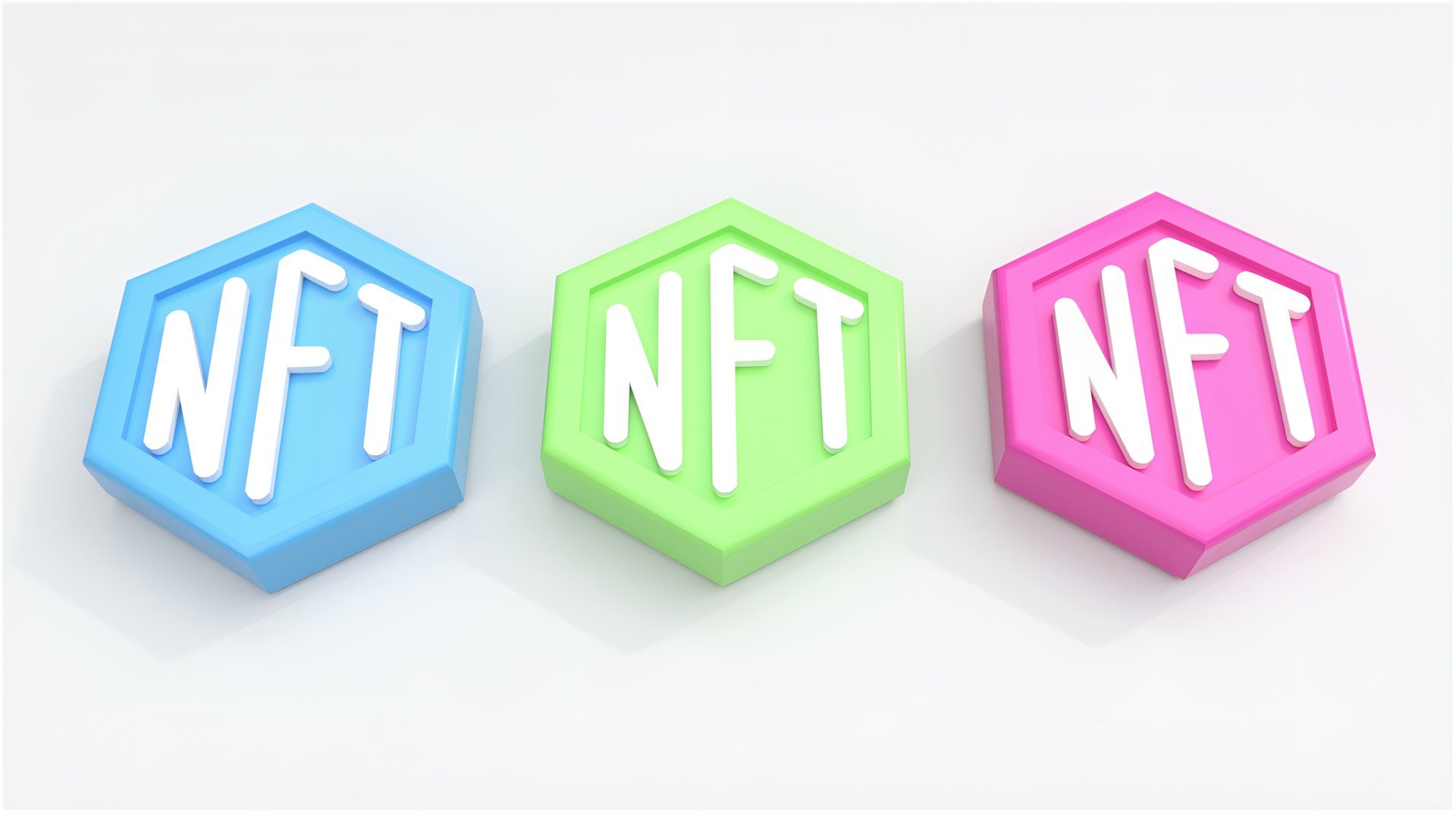
Blockchain technology, first conceptualized in 2008 as the backbone of Bitcoin, has grown beyond its roots in cryptocurrency. Initially designed as a decentralized ledger for recording transactions, blockchain's potential has expanded into numerous sectors. This article looks at the diverse real-world applications of blockchain and how this technology is reshaping the digital world.
Understanding Blockchain Fundamentals
At its core, blockchain is a system of recording information in a way that makes it difficult or impossible to change, hack, or cheat. It's a digital ledger of transactions that is duplicated and distributed across the entire network of computer systems on the blockchain. Key features include decentralization, which eliminates the need for a central authority, transparency that allows every participant to view the ledger, and enhanced security. Initially, the technology underpinning Bitcoin, blockchain has evolved to support many applications beyond cryptocurrencies.
Blockchain in Supply Chain Management
Blockchain is changing supply chain management by enhancing traceability and transparency. In sectors like retail and manufacturing, blockchain enables companies to track the journey of products from origin to consumer, ensuring authenticity and quality. For instance, a major retailer might use blockchain to trace the origin of produce, ensuring it's organically grown. This technology significantly reduces the chances of fraud and increases operational efficiency, offering a real-time view of supply chain transactions and inventory.
NFTs in Art and iGaming

NFTs, or Non-Fungible Tokens, are reshaping the art world, introducing a new approach to digital ownership and creativity. Each token is distinct and backed by blockchain technology, guaranteeing its authenticity and uniqueness. This innovation is opening doors for artists from diverse backgrounds to globally share and monetize their work. The art community has witnessed a surge in NFT projects and sales, some reaching staggering prices, underscoring the vast potential of this medium.
Just as NFTs are changing our perception of art, they're making their mark on the world of online poker, introducing a new approach to digital ownership and rewards. These tokens could open up new possibilities for online platforms like PokerStars, allowing the possibility of offering innovative rewards and game elements as NFTs in the future. While NFTs are still new projects in the online casino domain, their potential is great in the context of innovative promotions and loyalty programs.
However, this rapid expansion into the world of art and iGaming isn't without its challenges, including environmental concerns tied to blockchain's energy demands and the NFT market's volatility. As we head into 2024, the NFT world is continuing to change, with a shift towards projects that bring genuine value and utility signaling a move towards a more stable market. This progression points to a promising future for NFTs in digital art and other areas, indicating a significant and transformative impact on the digital world, buoyed by renewed interest and broader applications like Web3 adoption.
Blockchain in Financial Services Beyond Cryptocurrency
In the financial sector, blockchain extends far beyond cryptocurrency. Smart contracts - self-executing contracts with the terms of the agreement directly written into code - automate and streamline complex agreements. This technology is also transforming cross-border payments and remittances, making them faster, cheaper, and more secure. Traditional banking systems are being transformed as blockchain introduces new ways to process payments and safe transactions, and record banking activities, paving the way for more efficient and transparent financial services.
Blockchain in Healthcare
Blockchain's impact on healthcare is profound, particularly in securing patient data and medical records. It offers a secure way to store health records, giving patients more control over the privacy of their data. Additionally, blockchain is instrumental in improving traceability, combating counterfeit medicines by tracking their journey from manufacturer to consumer. It also facilitates secure and efficient data sharing among healthcare stakeholders, ensuring that patient information is accessible and accurate, which is crucial for effective treatment and care.
Blockchain for Identity Verification and Security
Blockchain technology is playing a crucial role in combating identity theft and fraud. By creating secure and unchangeable records, it ensures the authenticity of personal information, significantly reducing the risk of identity-related fraud. In government documents and online identity verification, blockchain can provide a more secure and efficient way of managing identities, streamlining processes while ensuring accuracy and security. Additionally, blockchain enhances privacy and control over personal data, giving individuals greater control over who accesses their information and how it's used, marking a significant step forward in personal data security and privacy.
Blockchain in Real Estate
Blockchain is transforming real estate through the tokenization of property, enabling fractional ownership and investment. This approach allows multiple investors to own a share of a property, making real estate investment more accessible. Blockchain also simplifies and secures real estate transactions by providing a transparent and immutable record of ownership and transaction history, reducing the risk of fraud.
